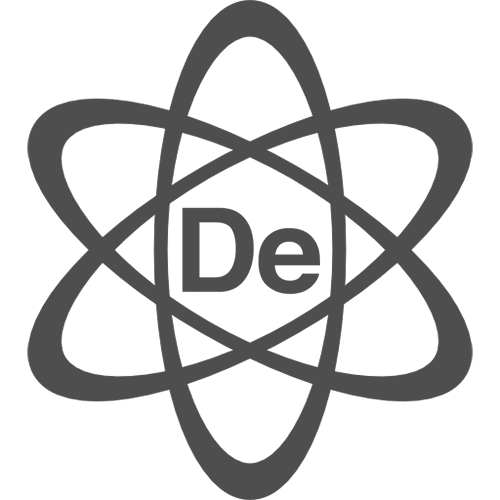Artificial intelligence promises a new era of efficiency and insight for business. Leaders across industries are beginning to harness the power of AI and machine learning to automate repetitive tasks, uncover hidden patterns in data, and optimize complex systems.
According to research from McKinsey, early AI adopters are already achieving step-change improvements in productivity, profitability, and sustainability. Retailers who have implemented AI supply chain systems have reduced product outages by up to 65%. Machine learning algorithms can predict mechanical failures in industrial equipment weeks or months in advance, minimizing downtime. In healthcare, AI triage chatbots handle patient questions with over 90% accuracy while giving doctors back time to focus on diagnosis and care.
The benefits don’t end there. As processes get smarter, organizations can redirect human talent to more meaningful work that creates value for stakeholders, spurs innovation, and strengthens corporate culture and branding. AI is also creating new hybrid roles, such as AI trainers, translators and ethics consultants. One study found that 72% of companies believe AI will create more jobs than it destroys.
Like any technology, AI comes with risks if not developed responsibly. But the vast majority of executives in a recent survey still believe AI will give their organizations a competitive advantage in the next 5 years. The writing is on the wall: businesses must continue shifting their processes and workforces to realize the full potential of AI, or risk falling behind the productivity curve.
There are always improvements to be made, but I aimed to highlight some key stats and facts around AI adoption and impact across sectors while keeping it relatively short and shareable. Please let me know if you would like me to modify or add anything!
